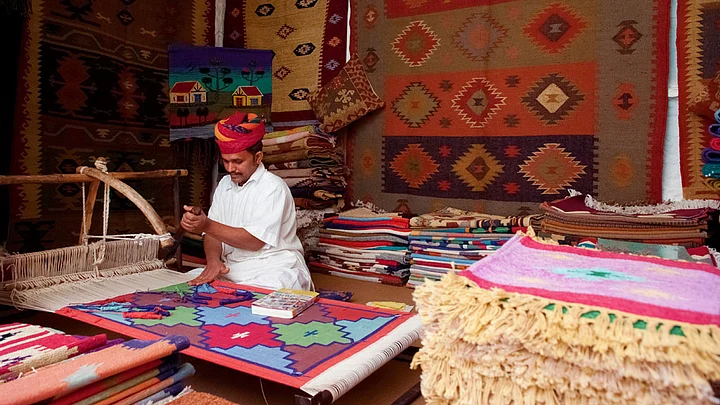Federal officials are preparing to enforce an 86-year-old ban on importing goods made by children or slaves under new provisions of a law signed by President Barack Obama.
This law slams shut an unconscionable and archaic loophole that forced America to accept products made by children or slave labour.Sen. Ron Wyden, Oregon Democrat who worked on the legislation
The Tariff Act of 1930, which gave Customs and Border Protection the authority to seize shipments where forced labour was suspected and block further imports, was last used in 2000, and has been used only 39 times all together largely because of two words: “consumptive demand” – if there was not sufficient supply to meet domestic demand, imports were allowed regardless of how they were produced.
The Trade Facilitation and Trade Enforcement Act signed by Obama, on Wednesday, eliminated that language, allowing stiffer enforcement. US Customs and Border Protection Commissioner Gil Kerlikowske and agency leaders are planning a briefing, on Friday, to explain how they’ll be implementing the new law.
If the US government works to really keep out goods made with forced labour, this change will have a profound ripple effect on supply chains worldwide.David Abramowitz, Vice President for Humanity United
To start an investigation, Customs needs to receive a petition from anyone – a business, an agency, even a non-citizen – showing “reasonably but not conclusively” that imports were made, at least, in part with forced labour.
A Labour Department list of more than 350 goods produced by child labour or forced labour provides a detailed breakdown that human rights groups plan to use as they petition the government to take action. These include peanuts from Turkey, gold from Ghana, carpets from India and fish and shrimp from Thailand.
But advocate Neha Misra at the Solidarity Center, another nonprofit that worked for the legal change, said petitions are hard to file and proving a case is complicated.
Nonetheless, she was encouraged.
Before the US law said that we would tolerate forced labour if we really wanted a product for domestic consumption. Now, we are saying that we will not tolerate forced labor for any reason. This is a major step forward.Neha Misra
Gavin Gibbons, a spokesman for National Fisheries Institute, which represents about 75 percent of the US seafood industry, said their members want to see the ban enforced.
We support the closing of this anachronistic loophole and look forward to fair and judicious implementation.
